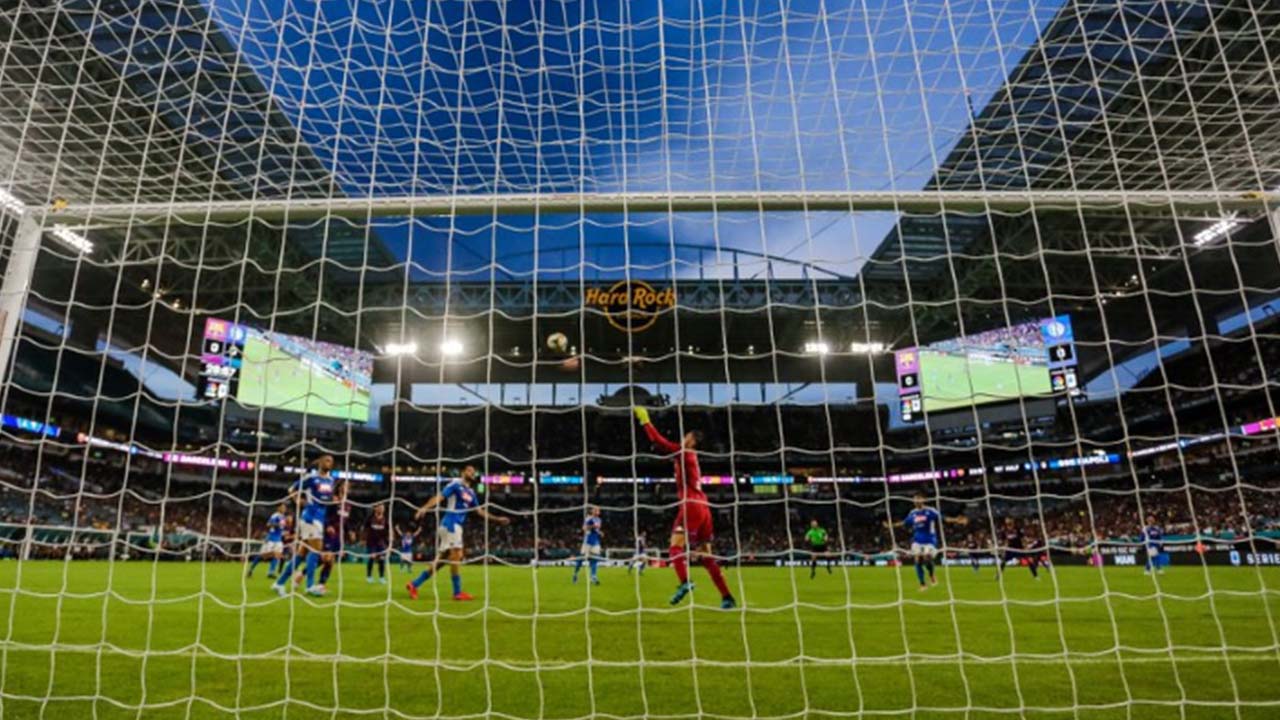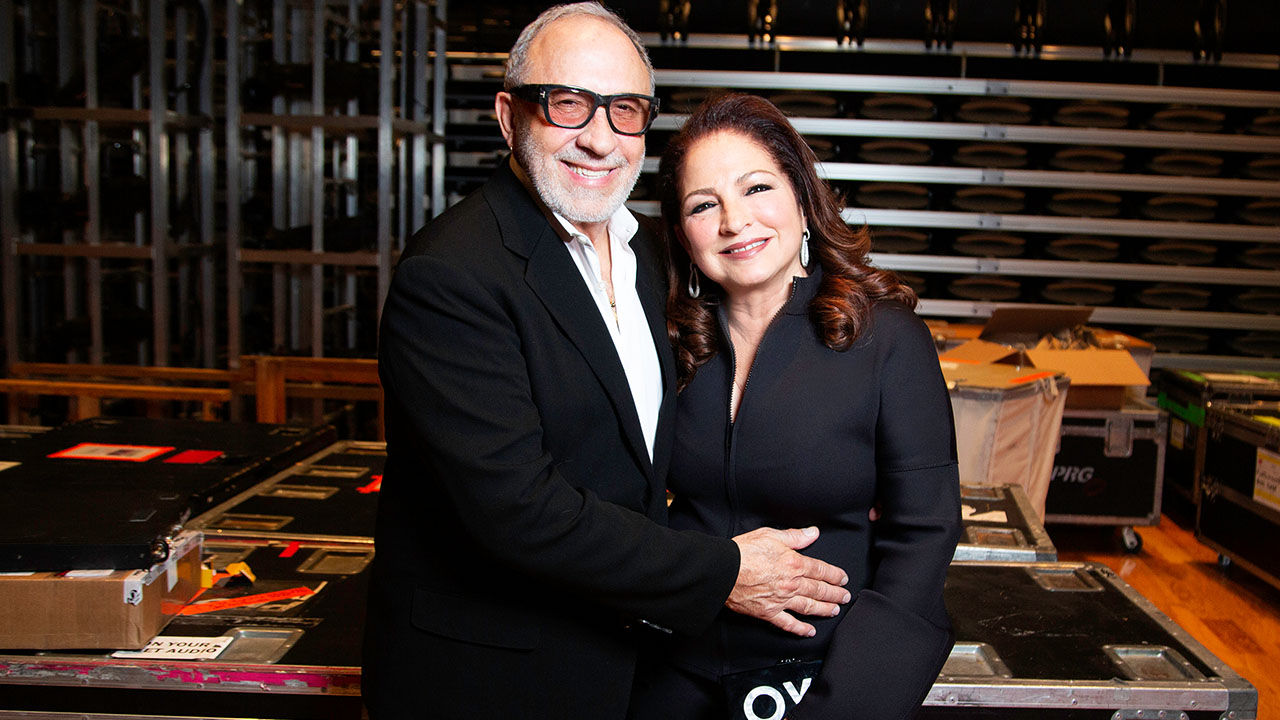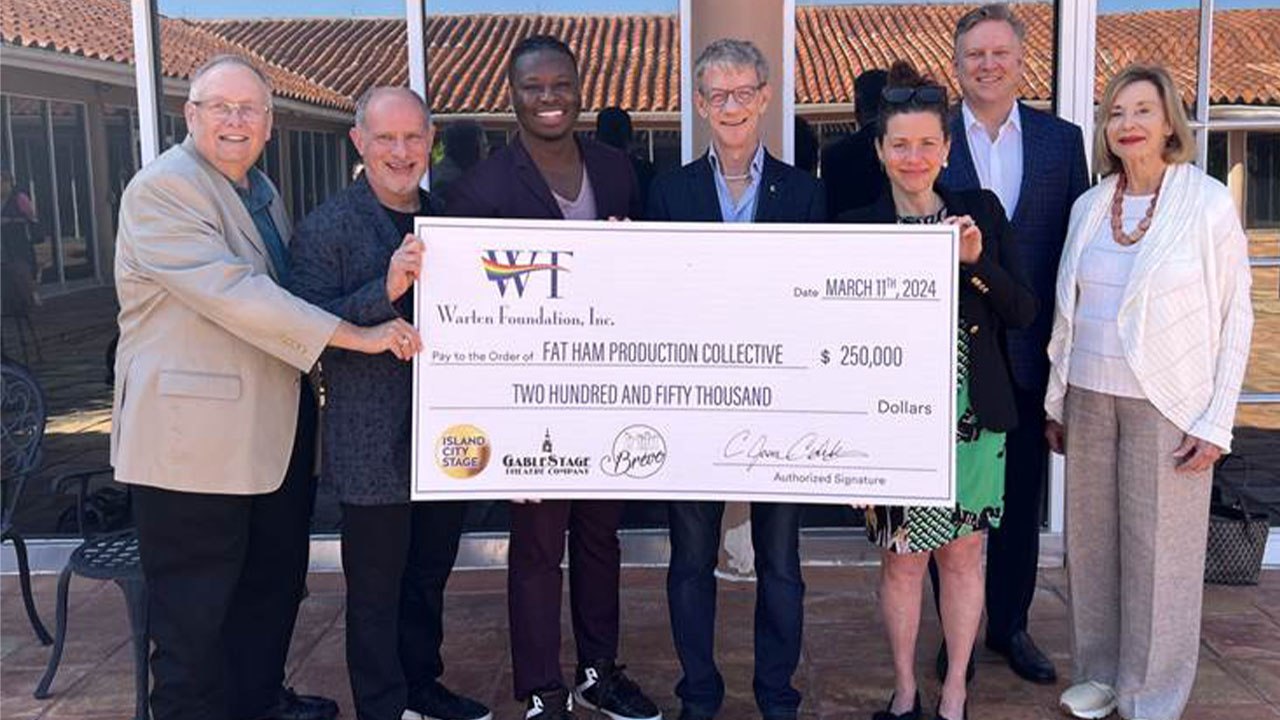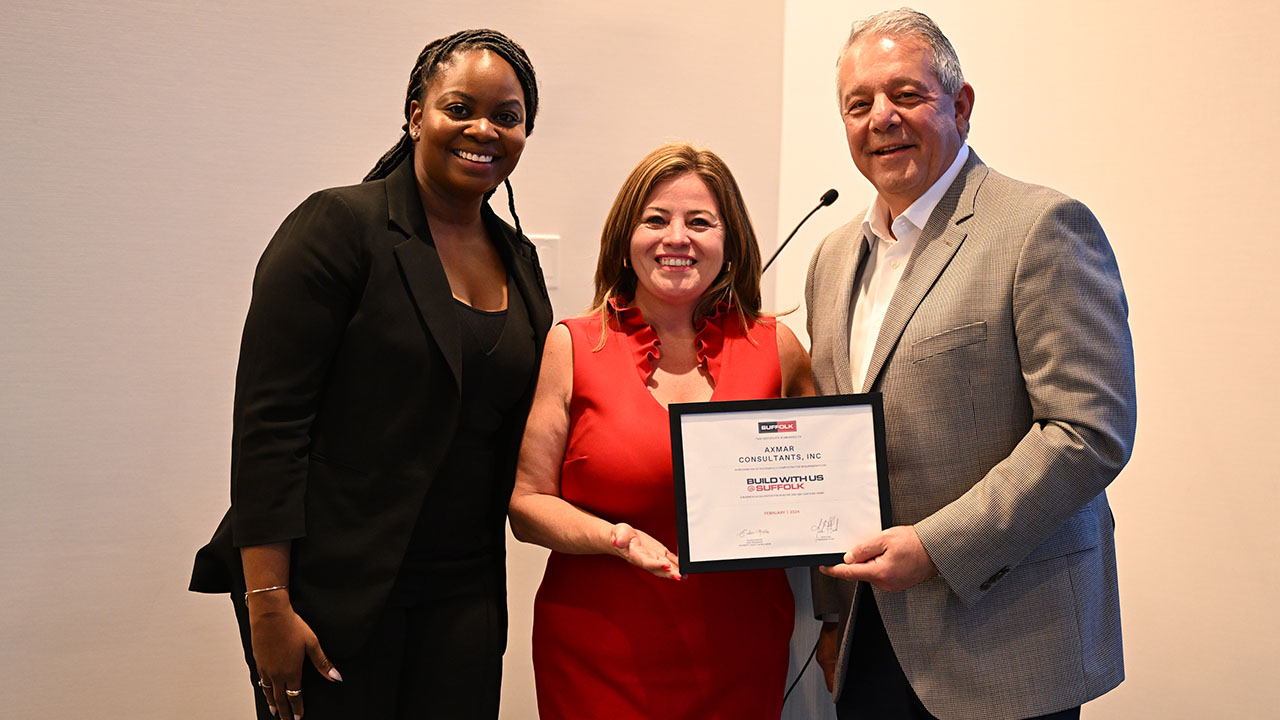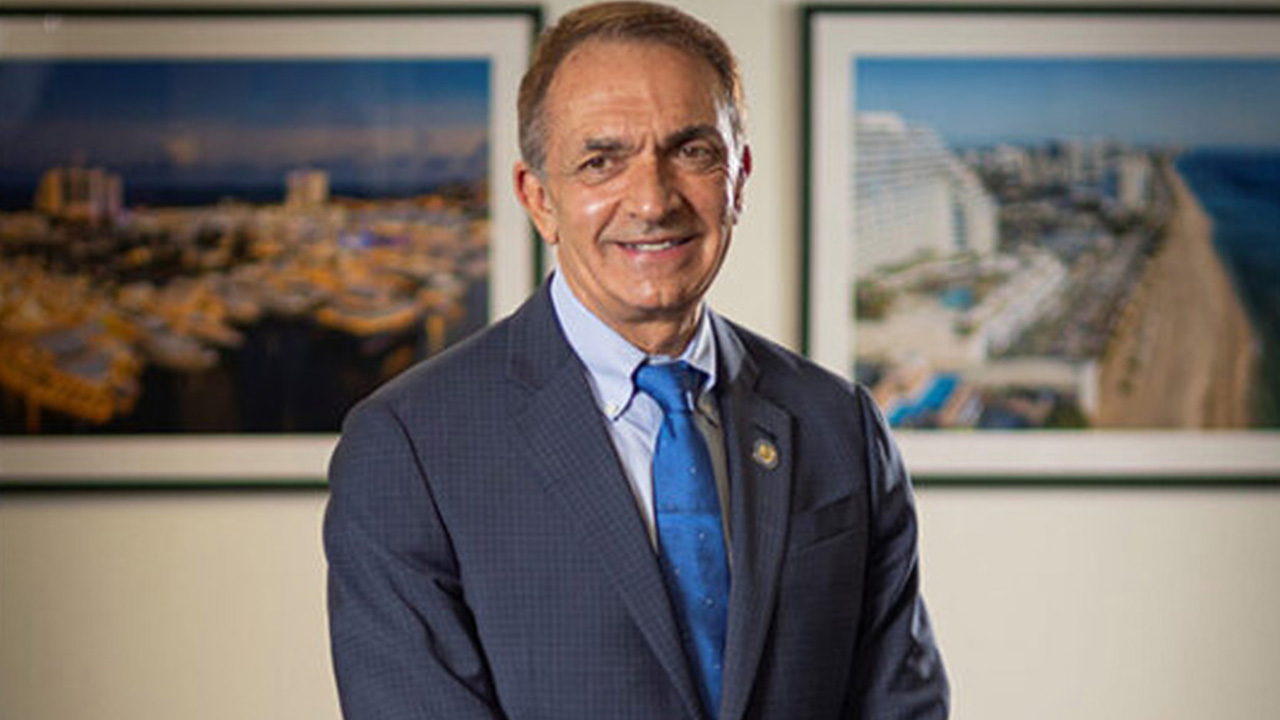Dear Mr. Berko: Last year, I bought 2,000 shares of Fifth Third Bank at $18. My stockbroker believed that it would be “an excellent long-term investment for growth and income,” but I’m having doubts. I’m socially friendly with some of the executives from the company’s headquarters, and I’m unimpressed. What would be your recommendation for a conservative, quality long-term investment? — PR, Cincinnati
Dear PR: You picked the wrong industry. There are more banks in this country than gas stations, pawnshops, tattoo parlors and bars. And you should be unimpressed with Fifth Third Bank (FITB-$18), because there’s not much to be impressed about.
FITB has 18,500 employees and about 1,300 branches, mostly in the Midwest. If the folks in Midwestern branches are as pleasant as the folks in the Florida branches, then FITB has a darn good ground crew. However, Abbott and Costello could do a better job of running FITB than the motley management crew occupying the plush offices on the top floor of Fifth Third Center, which overlooks their Cincinnati home.
Return on assets and return on shareholder equity will be down significantly this year. Interest income is expected to increase by about 2 percent, while non-interest income may fall by 19 percent this year. Also, non-interest expenses may rise by about $125 million while return on equity plummets from 10.8 percent to 8 percent this year. And fanning the flame of failure, FITB’s return on assets may implode from 1.21 percent to 0.91 percent, a huge drop of 24 percent. As a result, Wall Street expects 2016 earnings to come in at $1.55 a share, down enormously from 2015’s share earnings of $2.01. It’s no wonder that Goldman Sachs, Robert W. Baird, Credit Suisse, Sandler O’Neill and others recently downgraded the stock. Those guys certainly have a better handle on the abilities of FITB’s management team and the fawning toadies at headquarters. They downgraded FITB because they believe that it will take management longer than normal to tame the bank’s growing expenses and boost revenue growth. Management’s plans to expand its insurance business and generate better results from merger advisory activities have produced disappointing results. And management’s futile attempts to integrate wealth management with commercial banking have failed ignominiously.
FITB is a middling bank, with middling management and middling potential. The middling board recently promoted a middling Greg Carmichael (been with FITB for a dozen years) from CIO to CEO, hoping new blood will fuel better results. But Carmichael isn’t new blood; rather, he’s old blood in a new office — like bad wine from the same barrel poured in a new bottle. Sell your 2,000 shares of this dorky bank. There are much better fish in the sea.
Water, water everywhere, but there’s not a lot to drink. It’s difficult to find an industry whose product is more important to the political, social and economic welfare of humanity than a water utility. Flint, Michigan, is a stark reminder. I also like the water utility industry as a long-term (10- to 20-year) investment because it’s very nearly immune to recession, inflation and the economic cycle. I’d guess that about 92 percent of the water districts in the U.S. are run by small municipal water authorities with broken bank accounts and collapsing infrastructures. Most are having difficulty satisfying Environmental Protection Agency mandates and finding the money and science to provide safe drinking water to their communities. Resultantly, over the past dozen years, hundreds of municipalities have been selling their water systems to better-capitalized and more professional investor-owned water utilities, such as Aqua America (WTR-$32), Connecticut Water Service (CTWS-$45), Middlesex Water (MSEX-$33) and California Water Service Group (CWT-$27). These companies, yielding about 2.5 percent, have increased their revenues, earnings and dividends by between 60 percent and 150 percent in the past decade. As more municipalities heed the need to sell, the pace will quicken in the next 10 years — and more so in the following 10 years.
I wouldn’t hesitate a Montana minute to sell FITB. Then invest those proceeds evenly among the four water utilities I mentioned, and reinvest the dividends. In less than a score of years, you should have handsome gains.
Please address your financial questions to Malcolm Berko, P.O. Box 8303, Largo, FL 33775, or email him at mjberko@yahoo.com. To find out more about Malcolm Berko and read features by other Creators Syndicate writers and cartoonists, visit the Creators Syndicate website at www.creators.com.
COPYRIGHT 2016 CREATORS.COM




